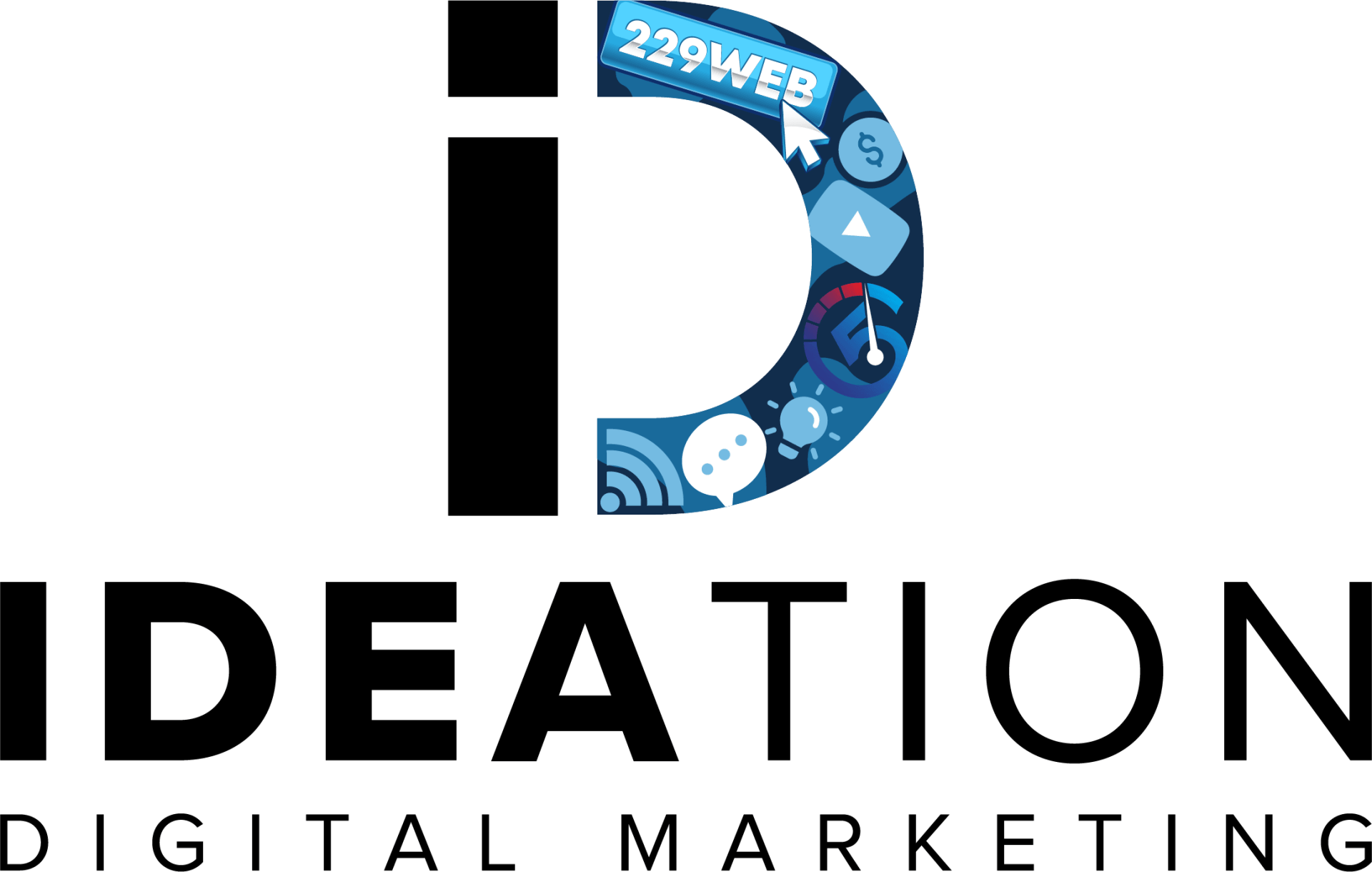222 Capitol Street, Suite 522
Charleston, WV 25301

Understanding Analytics in Social Media Marketing
Leveraging analytics is crucial for any successful social media marketing strategy. Understanding Analytics in Social Media Marketing goes beyond mere metrics; it's about harnessing actionable insights to drive business growth. These analytics platforms provide invaluable data on audience demographics, behavior patterns, and content performance, empowering marketers to make informed decisions. From tracking engagement rates to measuring conversion metrics, analytics unveil what resonates with your audience and what doesn't. This knowledge enables businesses to optimize content strategies, refine targeting, and allocate resources effectively. Moreover, analytics tools like Facebook Insights, Google Analytics, and others offer customizable dashboards that simplify data interpretation, making it accessible even for those new to digital marketing. By delving into this blog series, you'll uncover how to navigate these metrics effectively, transforming raw data into strategic advantages that propel your brand forward in the competitive landscape of social media.
Introduction to Social Media Analytics
Social media has revolutionized the way businesses connect with their audiences, offering unprecedented opportunities for engagement, brand visibility, and customer interaction. However, to maximize the effectiveness of social media marketing efforts, businesses must go beyond posting content and actively measure their performance. This is where social media analytics come into play. Social media analytics refer to the process of gathering and analyzing data from social platforms to inform strategic decisions and optimize marketing campaigns. By understanding the metrics and insights derived from these analytics, businesses can refine their approach, enhance engagement, and drive meaningful results.
Importance of Social Media Analytics
Social media analytics provide valuable insights into various aspects of your social media presence. They offer metrics such as reach, engagement, follower growth, and audience demographics, which are crucial for evaluating the effectiveness of your marketing efforts. Understanding these metrics helps businesses identify what content resonates with their audience, which platforms drive the most traffic, and how to allocate resources effectively.

Analyzing Audience Insights
Understanding your audience is key to creating relevant and engaging content. Social media analytics provide insights into audience demographics, interests, and behaviors, helping businesses tailor their messaging to better resonate with their target market. By analyzing audience insights, businesses can identify trends, preferences, and pain points that inform content strategy and campaign decisions.
Using Analytics to Refine Content Strategy
Analytics data serves as a roadmap for refining your content strategy. By analyzing which types of posts perform best (e.g., videos, infographics, or blog posts) and when your audience is most active, you can optimize posting schedules and content formats to maximize engagement. Additionally, monitoring engagement metrics allows you to identify trends and adjust your strategy in real-time to maintain relevance and effectiveness.
Measuring ROI from Social Media Marketing
One of the primary goals of social media analytics is to measure return on investment (ROI). By tracking metrics such as conversions, revenue generated, and cost per acquisition (CPA), businesses can assess the effectiveness of their social media campaigns and allocate resources more efficiently. Calculating ROI helps justify social media marketing expenditures and demonstrates the impact of your efforts on overall business objectives.
Real-Life Examples of Analytics Success
Case studies and examples of businesses that have leveraged social media analytics effectively can provide inspiration and practical insights. Highlight successful campaigns, strategies for overcoming challenges, and lessons learned from analyzing data-driven decisions. Real-life examples illustrate the tangible benefits of using social media analytics to drive business growth and achieve
marketing goals.
Using Analytics to Improve Content Strategy
Creating compelling content is essential for engaging your audience on social media. However, crafting effective content requires more than just creativity—it requires data-driven insights. Social media analytics provide valuable information about how your audience interacts with your content, which can help you refine your content strategy to increase engagement, drive conversions, and achieve your marketing goals. In this guide, we'll explore how businesses can leverage analytics to optimize their content strategy effectively.
Setting Clear Goals
Before diving into analytics, it's crucial to establish clear goals for your content strategy. Whether your objectives are to increase brand awareness, drive
website traffic, generate leads, or boost sales, defining specific, measurable goals will guide your
content creation and measurement efforts. Analytics will then help you track progress toward these goals and determine which strategies are most effective.

Identifying Audience Preferences
Analytics provide insights into your audience's preferences, interests, and behaviors. By analyzing metrics such as engagement rates, click-through rates (CTR), and demographic data, you can identify which types of content resonate most with your audience. For example, if video posts consistently receive higher engagement than text-based posts, you can prioritize video content in your strategy.
Analyzing Content Performance
Use analytics to assess the performance of your existing content. Look at metrics like reach, impressions, likes, shares, comments, and conversions to identify top-performing posts. Pay attention to trends over time—what content formats, topics, or posting times consistently drive the most engagement? By pinpointing successful content attributes, you can replicate and refine your strategy for future campaigns.
Optimizing Content Formats and Channels
Based on analytics insights, optimize your content formats and distribution channels. For instance, if Instagram Stories generate more engagement than regular posts, allocate more resources to creating Stories. Similarly, if LinkedIn drives higher conversion rates for B2B content, focus on publishing more content on that platform. Tailoring your content to fit each platform's unique audience and capabilities can significantly improve performance.
A/B Testing and Iterative Improvement
Experiment with A/B testing to refine your content strategy further. Test variables such as headlines, visuals, CTAs, posting times, and content lengths to identify what resonates best with your audience. Use analytics to compare performance metrics between different test variants and iterate based on the results. Continuous testing and optimization ensure that your content strategy remains agile and responsive to changing audience preferences.
The Future of Social Media Analytics
As technology continues to advance at a rapid pace, the future of social media analytics promises exciting developments and innovations. These advancements are poised to revolutionize how businesses understand and harness data from social platforms to drive marketing strategies and achieve business objectives.
- Artificial Intelligence and Machine Learning: AI and ML will play a pivotal role in social media analytics, enabling more sophisticated data analysis, predictive insights, and automation of repetitive tasks.
- Real-Time Data Analysis: Faster processing capabilities will allow for real-time monitoring and analysis of social media trends, enabling businesses to respond promptly to changes in audience behavior and market dynamics.
- Cross-Platform Integration: Enhanced tools for cross-platform analytics will provide a holistic view of audience interactions across multiple social media channels, facilitating more cohesive and effective marketing strategies.
- Advanced Sentiment Analysis: Improved sentiment analysis algorithms will enable businesses to better understand consumer attitudes and emotions towards their brand, products, and industry trends.
Conclusion
Understanding analytics in social media marketing is not just about numbers; it's about decoding valuable insights that drive business growth. By leveraging analytics tools effectively, businesses like Ideation Digital Marketing in Charleston, WV, can refine their strategies, optimize content, and engage with their audience more meaningfully. These insights enable informed decision-making, guiding marketers to allocate resources wisely and maximize ROI.
For further inquiries on how analytics can transform your social media marketing efforts, don't hesitate to reach out to Ideation Digital Marketing. Located in Charleston, WV, you can contact us at (304) 814-2445. Whether you're looking to enhance your campaign performance or understand your audience better, our team is here to provide tailored solutions that align with your business objectives. Empower your marketing strategies with data-driven insights—contact Ideation Digital Marketing today to elevate your social media presence and achieve measurable success.

Main Office
222 Capitol Street, Suite 522
Charleston, WV 25301
other offices
48 1/2 Second Ave, Williamson, WV 25661
20 Clinch Mountain Ave, Lebanon, VA 24266,
Contact
DIGITAL MARKETING SERVICES
All Rights Reserved | Ideation Digital
Private Policy
All Rights Reserved | Ideation Digital












